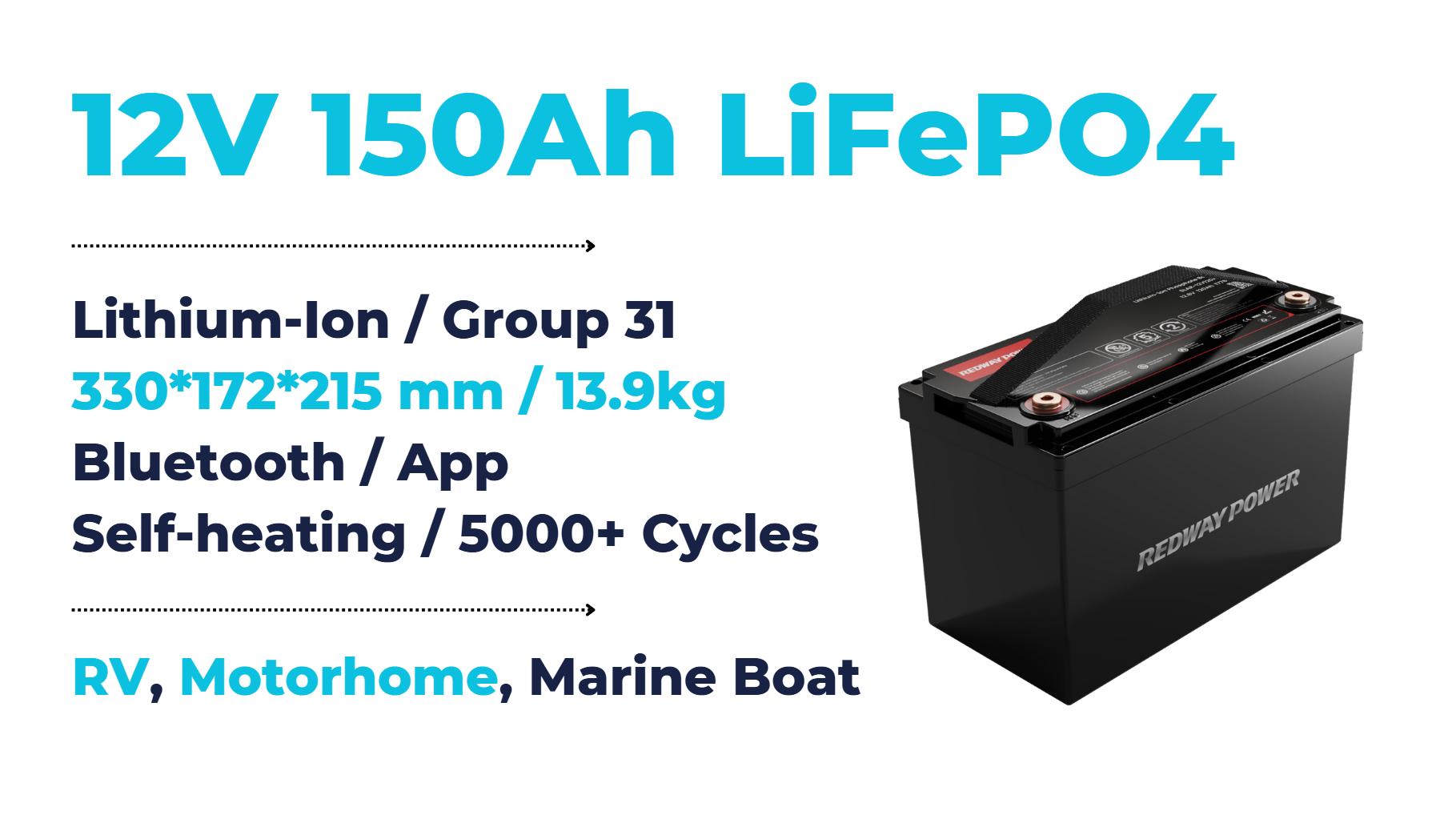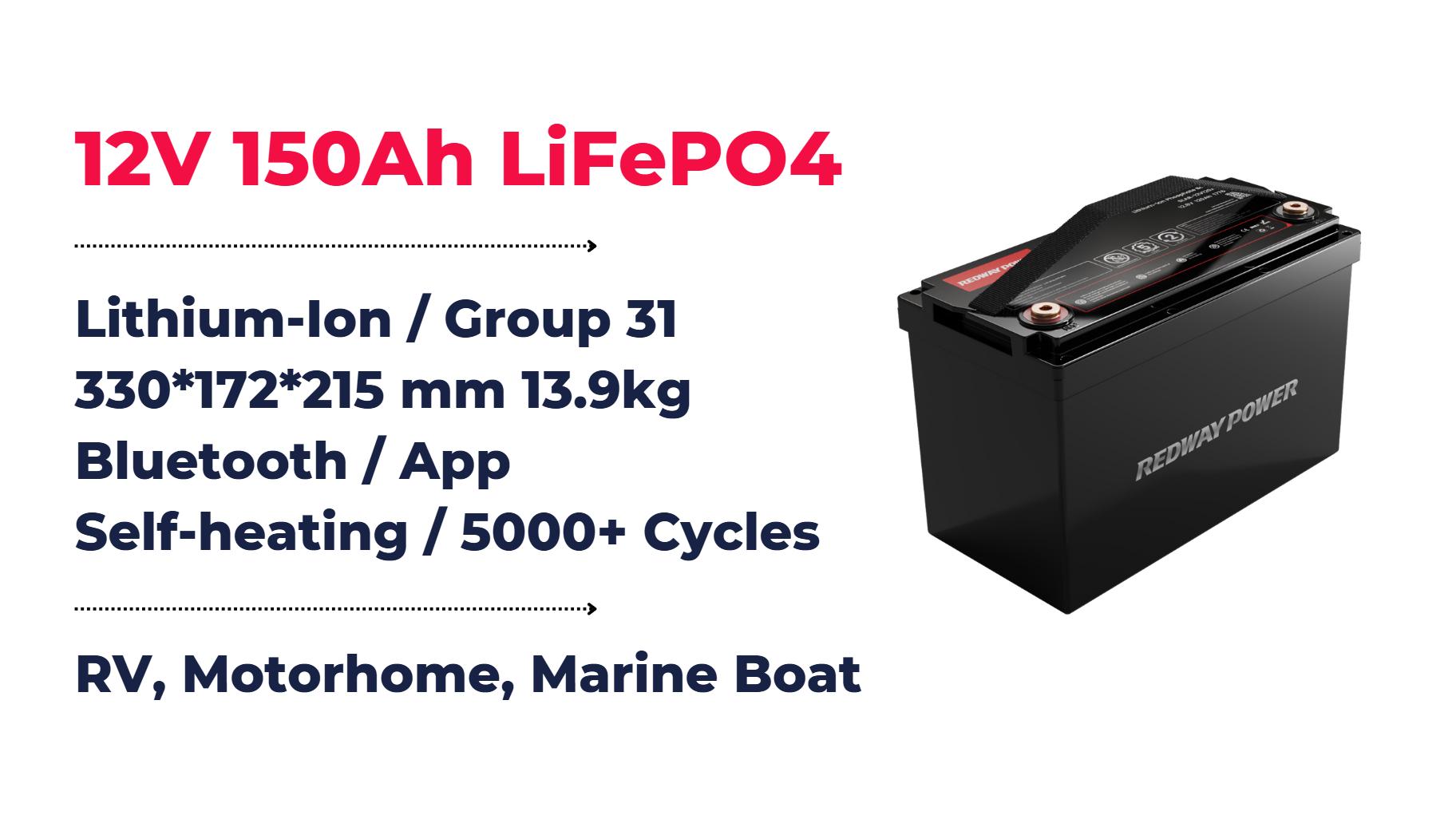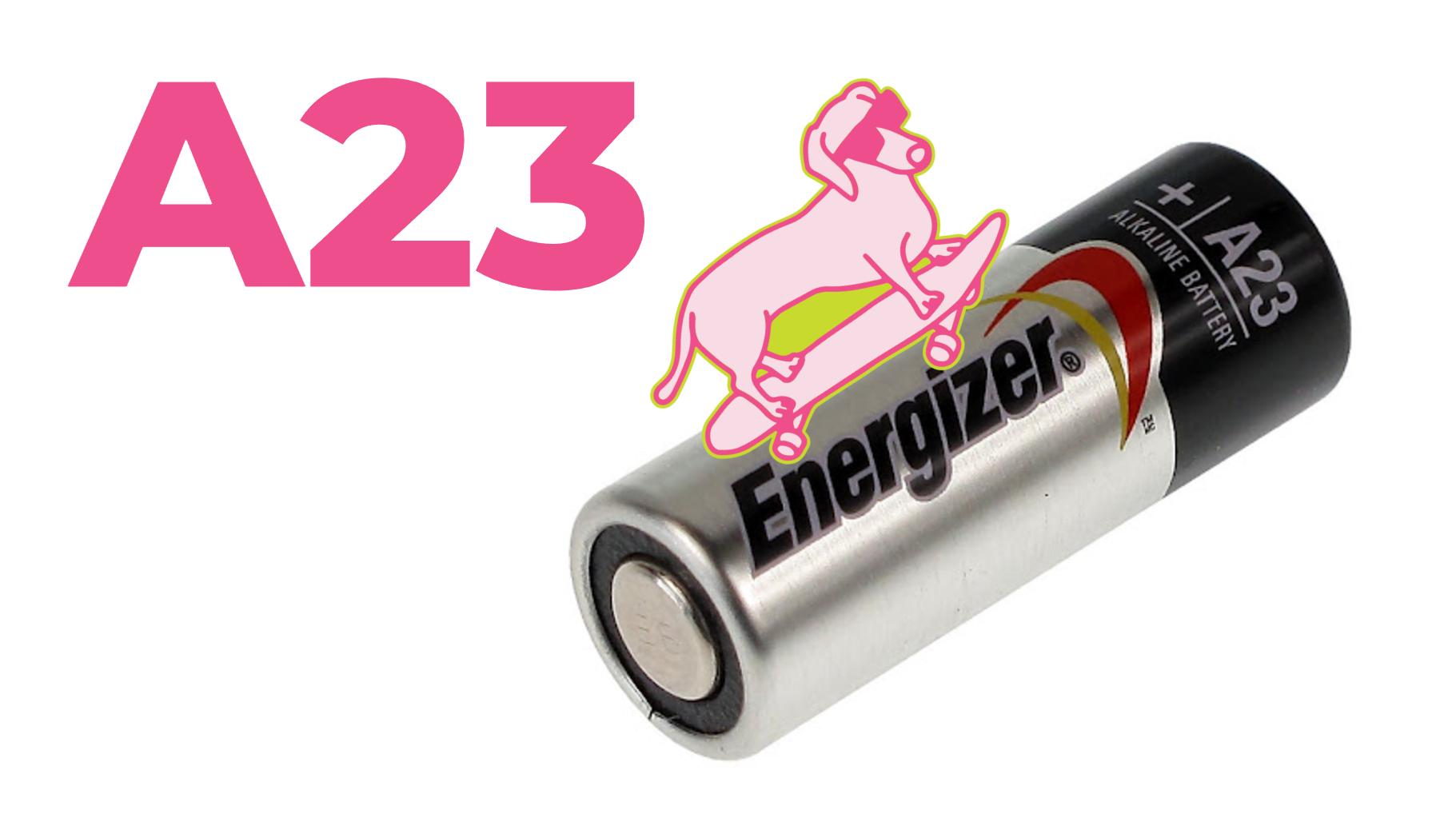
How to Choose the Right RV Camper Battery for Your Needs
adminw
- 0
- 4
Choosing the right RV camper battery is crucial for ensuring a reliable power supply during your travels. There are several types of batteries available, including flooded lead-acid, gel-cell, absorbed glass mat (AGM), and lithium-ion. Each type has unique features that cater to different needs and preferences.
Table of Contents
ToggleWhat are the different types of RV camper batteries?
RV camper batteries can be categorized into four main types:
- Flooded Lead-Acid Batteries: Traditional and cost-effective but require maintenance.
- Gel-Cell Batteries: Sealed and maintenance-free, preventing spills and leaks.
- Absorbed Glass Mat (AGM) Batteries: Also sealed, offering faster charging and better performance.
- Lithium-Ion Batteries: Lightweight, high-capacity, and long-lasting, but more expensive.
Chart: Overview of RV Battery Types
| Battery Type | Maintenance | Cost Range | Lifespan |
|---|---|---|---|
| Flooded Lead-Acid | High | $100 – $200 | 3 – 5 years |
| Gel-Cell | Low | $150 – $300 | 4 – 6 years |
| AGM | Low | $200 – $400 | 5 – 7 years |
| Lithium-Ion | Very Low | $800 – $2,500 | 10+ years |
How do flooded lead-acid batteries work?
Flooded lead-acid batteries consist of lead plates submerged in a liquid electrolyte solution. They are widely used due to their affordability and availability. However, they require regular maintenance, including checking water levels and ensuring proper ventilation to avoid gas buildup during charging.
What are the advantages of gel-cell batteries?
Gel-cell batteries use a gelled electrolyte that prevents spillage and allows for versatile installation options. They are maintenance-free and can be used in confined spaces without risk of off-gassing. This makes them suitable for RVs where safety and space are concerns.
Why are absorbed glass mat (AGM) batteries popular for RVs?
AGM batteries are favored in the RV community due to their ability to charge faster than flooded lead-acid types and their resistance to vibration and temperature extremes. They can be mounted in any orientation without risk of leakage, making them ideal for mobile applications.
What benefits do lithium-ion batteries offer for RV use?
Lithium-ion batteries provide significant advantages:
- Lightweight: Up to 70% lighter than lead-acid counterparts.
- High Capacity: Can be discharged more deeply without damage.
- Fast Charging: Charge up to four times faster than lead-acid batteries.
- Long Lifespan: Last up to 10 years or more with proper care.
These features make lithium-ion a premium choice for serious RV enthusiasts.
How do you determine the best battery type for your RV lifestyle?
When selecting an RV battery, consider:
- Usage Frequency: If you frequently camp off-grid, lithium-ion or AGM may be best.
- Power Needs: Assess your power consumption based on appliances used.
- Budget: Weigh upfront costs against long-term savings from battery longevity.
- Maintenance Preferences: Decide how much maintenance you’re willing to perform.
What factors should you consider when buying an RV battery?
Key factors include:
- Capacity (Ah): Ensure the battery can meet your power needs.
- Weight: Consider how much weight your vehicle can handle.
- Charging Method: Match the battery with compatible chargers.
- Warranty: Look for warranties that indicate quality assurance.
Chart: Factors Influencing Battery Selection
| Factor | Considerations |
|---|---|
| Capacity | Amp-hour rating |
| Weight | Vehicle load capacity |
| Charging Method | Compatibility with existing setup |
| Warranty | Length and coverage |
Industrial News
The market for RV camper batteries is evolving rapidly as manufacturers innovate with new technologies. Lithium-ion options are gaining popularity due to their efficiency and longevity, while AGM batteries remain a solid choice for many users seeking balance between performance and cost. Recent trends indicate an increasing shift towards eco-friendly battery solutions as sustainability becomes a priority among consumers.
LiFePO4 Battery Expert Views
“Choosing the right battery is essential for maximizing your RV experience,” says Jane Doe, an expert in battery technology. “Lithium-ion options may have a higher initial cost but offer substantial benefits in terms of weight, lifespan, and charging speed that can enhance your overall enjoyment on the road.”
FAQ Section
Q: What type of battery is best for my RV?
A: The best type depends on your usage; lithium-ion is ideal for frequent travelers needing lightweight options, while AGM is great for reliability at a lower cost.Q: How long do RV batteries typically last?
A: Lifespan varies by type; flooded lead-acid lasts about 3–5 years, AGM about 5–7 years, and lithium-ion can exceed 10 years with proper care.Q: Can I mix different types of batteries in my RV?
A: It’s not recommended to mix different battery types as they have different charging characteristics which can lead to inefficiency or damage.Q: How often should I check my RV battery?
A: Regular checks every few months are advisable; monitor water levels in flooded lead-acid types and inspect terminals for corrosion in all types.

